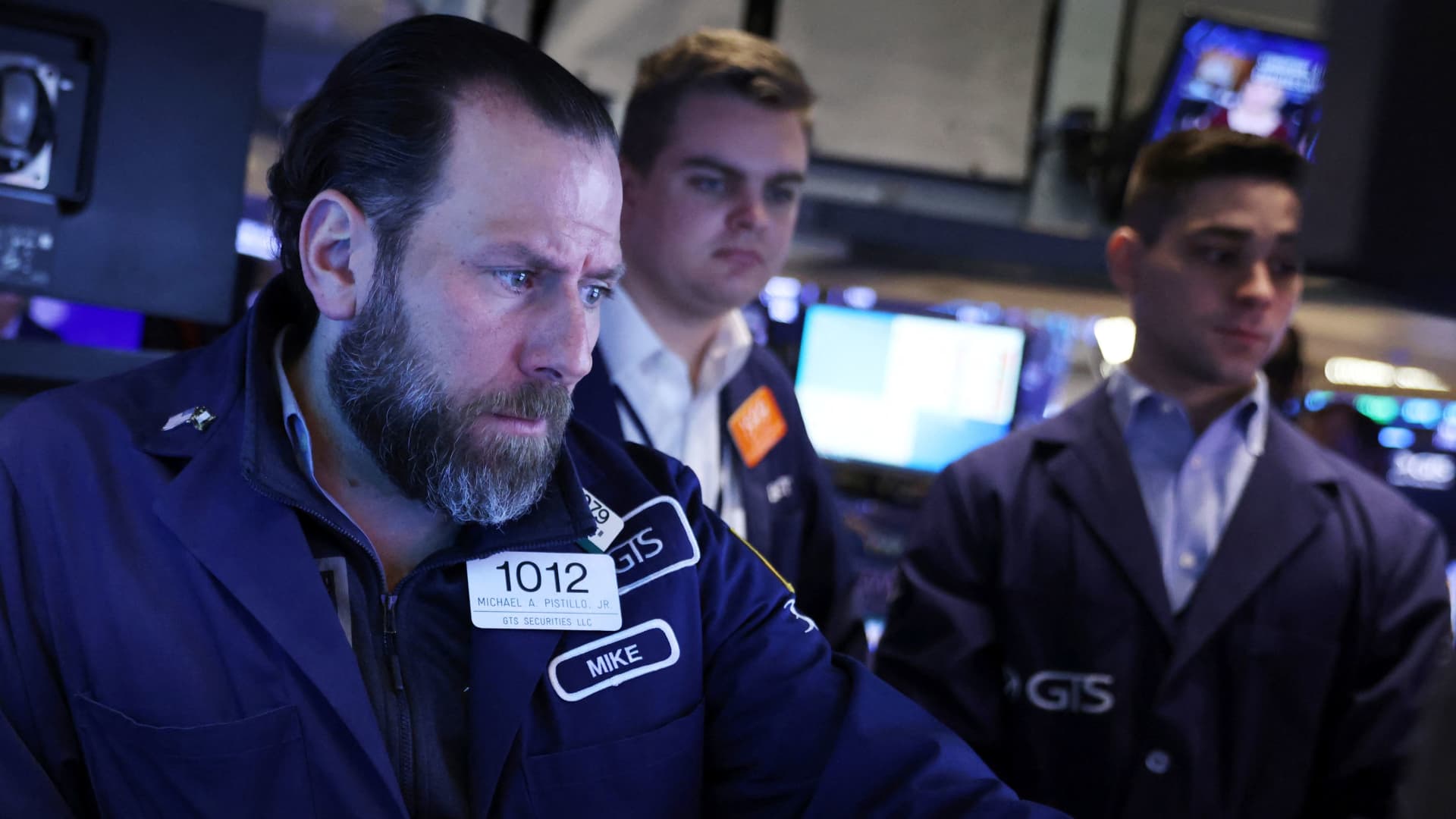go_deep
WKR
- Joined
- Jan 7, 2021
- Messages
- 1,647
$1 a share would get me a paid off mortgage.1$ would put me on a sheep hunting bender
$1 a share would get me a paid off mortgage.1$ would put me on a sheep hunting bender
$1 a share would get me a paid off mortgage.
If all I have to do is save 20% for retirement, and pay normal bills every month, I'll be going on all sorts of hunts!Mortgage…… we a hunting forum cuzz! Sheep or maybe moose hunt! Who cares about a place to live
Sent from my iPhone using Tapatalk
AMBL really took off. Not sure why but I'm not complaining.ABML showing some life this morning.
One day ABML will be a $5 stock. hopefully in the next 2 years, not 10AMBL really took off. Not sure why but I'm not complaining.

So, I have been lurking on this thread for a while now and don’t claim to be expert on anything. However, it seems most of the discussion has been penny stock or bitcoin, neither of which I know enough about to spend money on. Does anyone else invest in closed end funds for income? Recently read an opinion piece about qqqx, yielding 7% potential for NAV discount. Any thoughts? At what point is ROC a bad omen? (Seems they run .04-.08 quarterly)
just looking for insight from those with more experience in the market
Wacko,
that was a great breakdown on CEFs!
also I have used CEFConnect but did not know about CEFData. Thank you.
I was not clear on ROC. How would you know they are selling off assets to make the payments?
anyway, I am primarily investing my wife’s money in CEFs as she would otherwise buy a CD at 1.2%! Looks like I should have some in my account as well.
Ed
Thankful for O & G's BORR, AMPY, CGXEF....
Enjoying a (like) new ride.
Some of these holds can be long and frustrating, but are worth it.
View attachment 397546
Thankful for O & G's BORR, AMPY, CGXEF....
Enjoying a (like) new ride.
Some of these holds can be long and frustrating, but are worth it.
View attachment 397546
Thank you!Well done and well deserved my friend, enjoy the new ride!